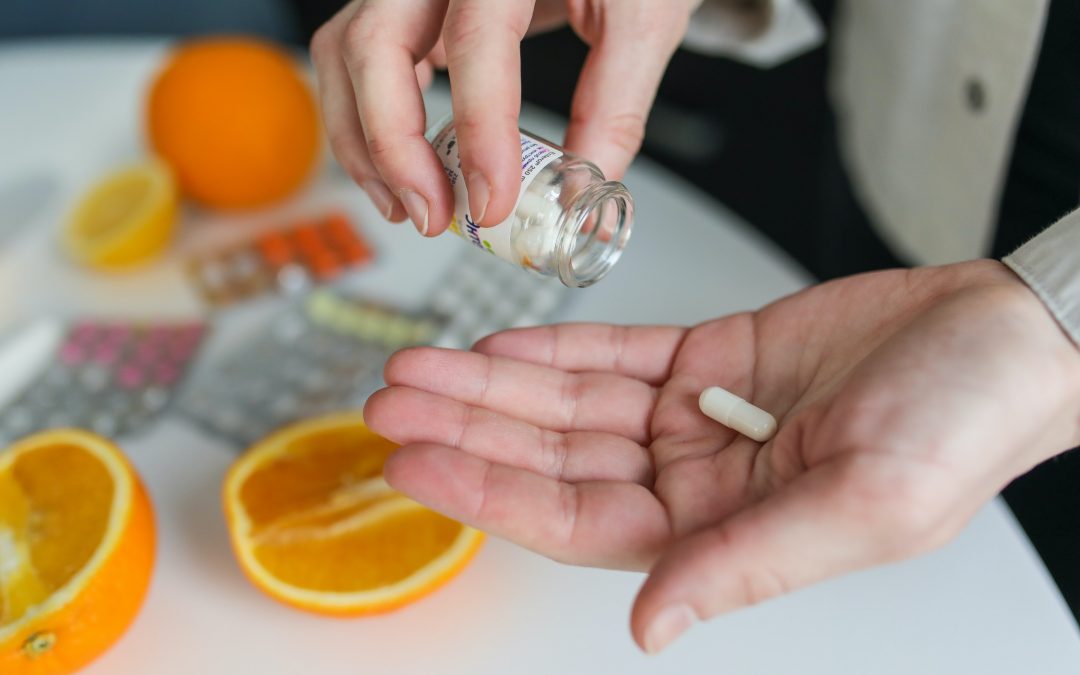We’ve all heard about some weight loss pills, gummies, or even tea and coffee in the market that has all these claims of helping you lose weight – and fast! Metabolic boosters, fat burners or craving killers. The appeal of these things surely sells. Unfortunately, some of them seem too good to be true. They have multiple facts at once that just don’t seem possible by taking one pill for x amount of time and not doing anything to change your lifestyle. Losing weight isn’t something that happens overnight, and magically because of a pill. Set realistic expectations for yourself.
Weight-loss pills, over-the-counter drugs, non-prescription drugs, dietary supplements can all be used as tools to help with weight loss, but at the same time you can’t rely on them fully. Little research is done about these products and even then, those without approval for food and drug associations are still on the market and being consumed by quite a hefty number of people.
Funding and research goes into prescription drugs for treating obesity, which is a gateway to other problems and especially puts the heart at risk. Some researchers claim that a couple of weight-loss pills did actually aid in the weight-loss of some of their research patients. Though research is currently being conducted, understand that conditions within research facilities and under research in generally can still be better as opposed to regular settings. Researchers don’t know much about the potential benefits or risks. It’s important to consider that such weight-loss supplements and pills can be somewhat beneficial but their results are not as fast and effective as what the pictures sell, and that sometimes they don’t work for everyone especially if your lifestyle doesn’t change.
Understanding regulations depends on two general categories namely ones for non-prescription drugs and ones for dietary supplements. Regulating the productions and marketing that these two types of treatments undergo different processes. For non-prescription drugs, the manufacturers of these drugs are required to provide the Food and Drug Administration (FDA) with results from clinical human trials to show that the drug is safe for consuming and poses no threat to mass health.
Dietary supplements, on the other hand, are responsible for ensuring that their products are safe and they are using an honest marketing strategy including but not exaggerating its benefits. However, these aren’t subject to FDA approval before marketing, and their research quality to support their claims may vary. Once the FDA is able to approve that a supplement is considered unsafe, they can possibly ban the product or as manufacturers to withdraw them from the market. False or unsupported claims can also be grounds for termination of a manufacturing company. All of these differences may make it difficult to get FDA-approved, which is why many manufacturers result to illegal distribution.
Limited research can also contribute to why many of these drugs and supplements are difficult to market as meet FDA standards. Products aren’t automatically deemed safe simply because they are made up of more natural components. Some might actually even contribute serious health issues. Drugs and pills like antibiotics can harm the liver and apparently, so can weight-loss pills. Ephedra is one example of a herbal stimulant that is used in many weight-loss products, but was proven to cause adverse effects like mood swings, high-blood pressure, increased or decreased heart rate, strokes, seizures and even heart attacks which the FDA has now banned.
Because of all these factors, it is important to do ample research on these products. You may want to go for those that have already been approved and have great reviews, don’t just jump on the bandwagon for popular ones that have no proven claims. Also include your physician in your plans if you do decide to take these kinds of pills or supplements. Those with underlying health conditions, are presently taking some form of medication, or those who are pregnant or breast-feeding will be advised against taking anything of the sort.
Remember to manage also your expectations, as expecting the claims of these drugs without being backed up by any ample research is just setting yourself up for disappointment. Some claims are too good to be true and even unhealthy, like say losing x amount of weight in y amount of time. Even exercise and proper dieting cannot claim to make you lose this much weight in this much time. And also try to change your lifestyle choices, in order to see results. Start small by cutting off foods you consume often or in large amounts, and then develop the habit of being more active, even in the littlest ways. You will surely see results, with or without a pill!
Note: We are not doctors and this information should not be taken as official medical advice. Consult with your doctor/physician.


